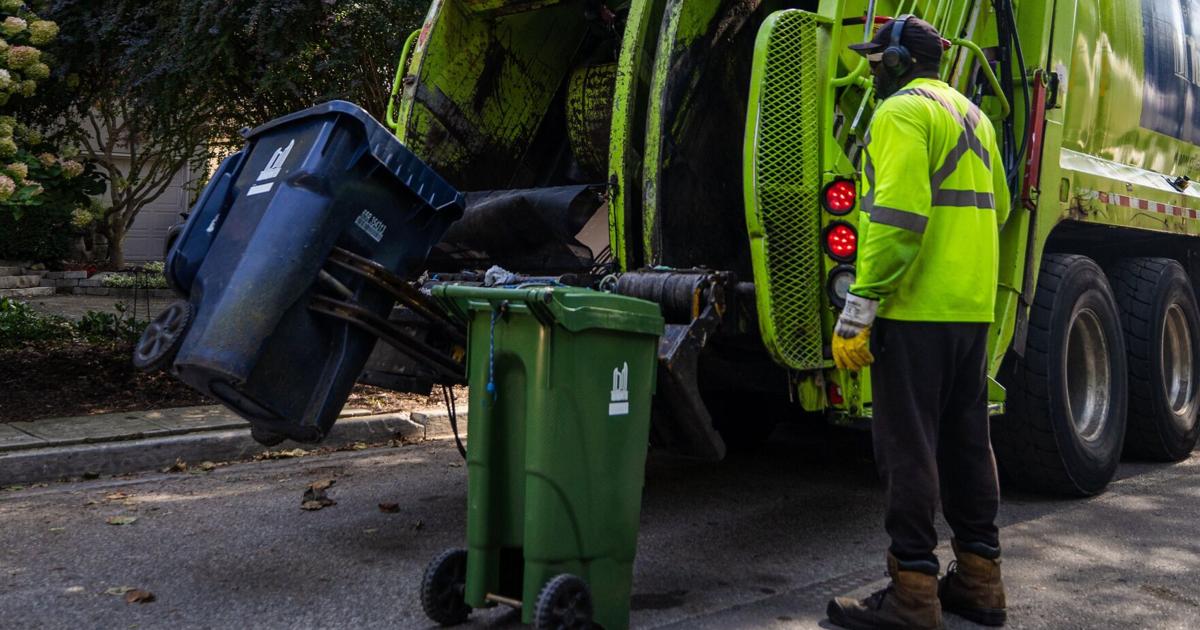By News18,Parishmita Saikia
Copyright news18

In this digital era, having a bank account is no longer optional, it’s essential. From receiving salaries to accessing government subsidies, nearly all financial transactions are routed through banks. A bank account serves not just as a safe place for your hard-earned money, but also as a vital hub for all financial activities. Whether you’re applying for a loan, making investments, or availing benefits such as scholarships or agricultural support, a bank account is indispensable.
However, life is uncertain. If something unfortunate happens to the account holder, who becomes entitled to the money in the account? If you’ve ever pondered this question, the answer is quite straightforward: appoint a nominee.
A nominee is someone you officially authorise, through a written declaration to the bank, to inherit the funds in your account in your absence. In recent years, banks have increasingly made it mandatory to provide nominee details, recognising it as a crucial step in safeguarding customers’ financial interests. It acts as a safety net, protecting your loved ones from lengthy legal procedures during an already difficult time.
A nominee is someone you officially authorise, through a written declaration to the bank, to inherit the funds in your account in your absence. In recent years, banks have increasingly made it mandatory to provide nominee details, recognising it as a crucial step in safeguarding customers’ financial interests. It acts as a safety net, protecting your loved ones from lengthy legal procedures during an already difficult time.
You don’t need to worry about whom to nominate. Any close family member can be appointed as a nominee: your spouse, children, parents, siblings, etc. This ensures that your money reaches the intended person smoothly and without delay.
If a nominee is registered on your account, the claim process is simple. After the account holder’s death, the nominee just needs to submit a few basic documents, such as the death certificate and a valid ID proof, to the bank. The bank then transfers the entire balance to the nominee without any legal complications. What might otherwise take weeks or even months can be resolved in just a few days.
On the other hand, if no nominee is assigned, the situation becomes far more complicated. In such cases, the bank cannot release the funds to just anyone. The amount must legally go to the ‘Legal Heir’, but identifying and proving who that is can be a cumbersome process.
For instance, if the deceased was married, the spouse is generally considered the primary legal heir. If there are minor children, the money is still given to the spouse. For unmarried individuals, the parents are the rightful heirs. However, to claim the money, the family must obtain documents such as a Succession Certificate from a court, which involves time, legal procedures, and additional expenses.
In conclusion, while opening a bank account is crucial, adding a nominee’s name is even more important. It’s a small, responsible step that can spare your family emotional stress, legal trouble, and financial hardship after you’re gone.



